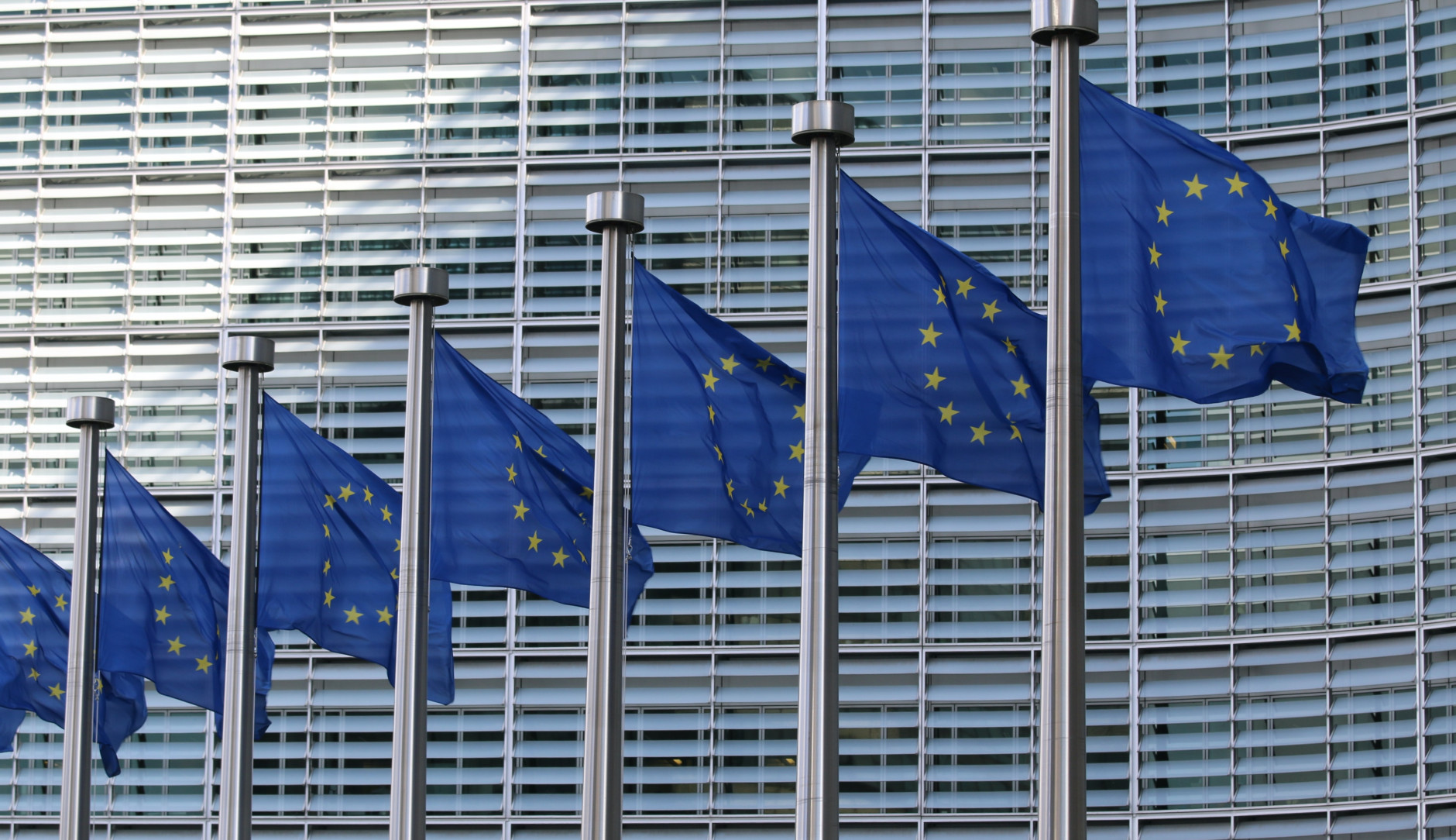Bridging the ‘trust gap’: the EU and the European citizen
It is crucial to build a bridge between the EU and its citizens, making it not just comprehensible but also accountable and effective for all Europeans, thereby ensuring that we will have a Union which legitimises itself towards European citizens, and one that is able to deliver on results.

As many Brussels-watchers can testify: the European Union is a complicated thing. Even those that are well-versed in the numerous EU institutions and their dynamics know that it can be difficult to understand the inner-workings of it all. This complexity isn't just an intellectual puzzle; it has real-world implications. The harder the EU is to understand, the more questions arise about its ability to efficiently manage internal crises and meet the diverse needs of its member states. It is crucial, therefore, to build a bridge between the EU and its citizens, making it not just comprehensible but also accountable and effective for all Europeans, thereby ensuring that we will have a Union which legitimises itself towards European citizens, and one that is able to deliver on results.
A more accessible Europe
Navigating the structure of the EU can be daunting, and as such, Volt feels it is essential that we simplify it. By ensuring that EU decisions, proceedings, and representative details are transparent and understandable, we're promoting inclusivity. Simplifying bureaucratic jargon, providing policy breakdowns through engaging mediums like podcasts or infographics, and making clear who represents us in Brussels can make the EU more approachable to its citizens. In the end, the idea of ‘translating’ the EU to European citizens is a shared responsibility not only of the EU, but also national and local governments.
A Europe we can connect with
Understanding is the foundational step; next is fostering a profound connection. While European elections provide a platform, they don't capture the full essence of citizen engagement. That is why Volt promotes the idea of introducing topical citizen assemblies to bridge this gap, enabling direct influence in policy-making. If executed well, it can additionally provide democratic legitimacy to the process. Digital platforms can further amplify citizen voices, allowing them to share concerns and hold their representatives accountable. In this case it is essential that these recommendations are treated seriously; citizens need to hear if their recommendations are adopted, or, alternatively, receive a clear and thorough response as to why not.
Citizen assemblies are an innovative tool to allow citizens to deliberate on complex political issues. They can increase the quality and legitimacy of political decisions, especially when the results of citizen assemblies directly influence policy or the spending of local funds. In Ireland, for example, such an assembly has helped moving past contentious issues, such as abortion and same-sex marriage. In this way, citizen assemblies have the potential to energise the European public to engage in transnational debates and bring tangible change in- and through local communities. However, to avoid pitfalls and lacklustre impact, a strong media strategy to cover developments and spread the message to the public, as well as the cooperation from national and local governments is required.
A Europe that delivers
Trust isn't merely built on understanding and connection. In an age of challenges—from economic downturns to climate crises—Europeans expect results. Therefore, European citizens have high expectations from the EU. But the potential of the EU is hindered if individual governments can obstruct crucial decisions impacting millions. For the EU to truly serve its citizens, Volt is in favour of reforming the decision-making process. We cannot continue to rely on a unanimous vote for crucial decisions. Instead, we should implement qualified majority voting (QMV). While finding common ground would still be a priority, this system would impede any single country blocking a certain decision due to its national interest. But decisions not only need to be made in a democratic way, but also from a truly democratic body. For this to happen, we need a European Parliament that can initiate legislation and be accountable to its citizens. As the only directly elected institution, and as the representative of all European citizens, the Parliament should be able to propose legislation. This would also mean that citizens could make their representatives accountable for the decisions they make in the name of millions.
All in all, Volt proposes the following: we need to simplify bureaucratic jargon and provide policy breakdowns through engaging mediums; introduce citizen assemblies as a way of increasing European engagement on the one hand and strengthening the legitimacy of the EU for European citizens; reform the decision-making process by moving towards QMV, and last but not least, having a European Parliament which can initiate legislation and be accountable to its citizens.
The dream of a united Europe is not just about political alliances or economic collaborations; it's about forging an indelible bond between the institution and its people. It's about creating a European Union that is not just a distant entity, but an intrinsic part of every European's identity. By demystifying how it works, fostering connection, and ensuring it delivers results, we can transform this vision into reality. Volt argues that the time has come to bridge the gap, not just for the Europe of today but for generations of Europeans to come.
Article by Benjamin Looijen and Clara Panella Goméz - Lead Candidate in Spain for the 2024 European Elections.